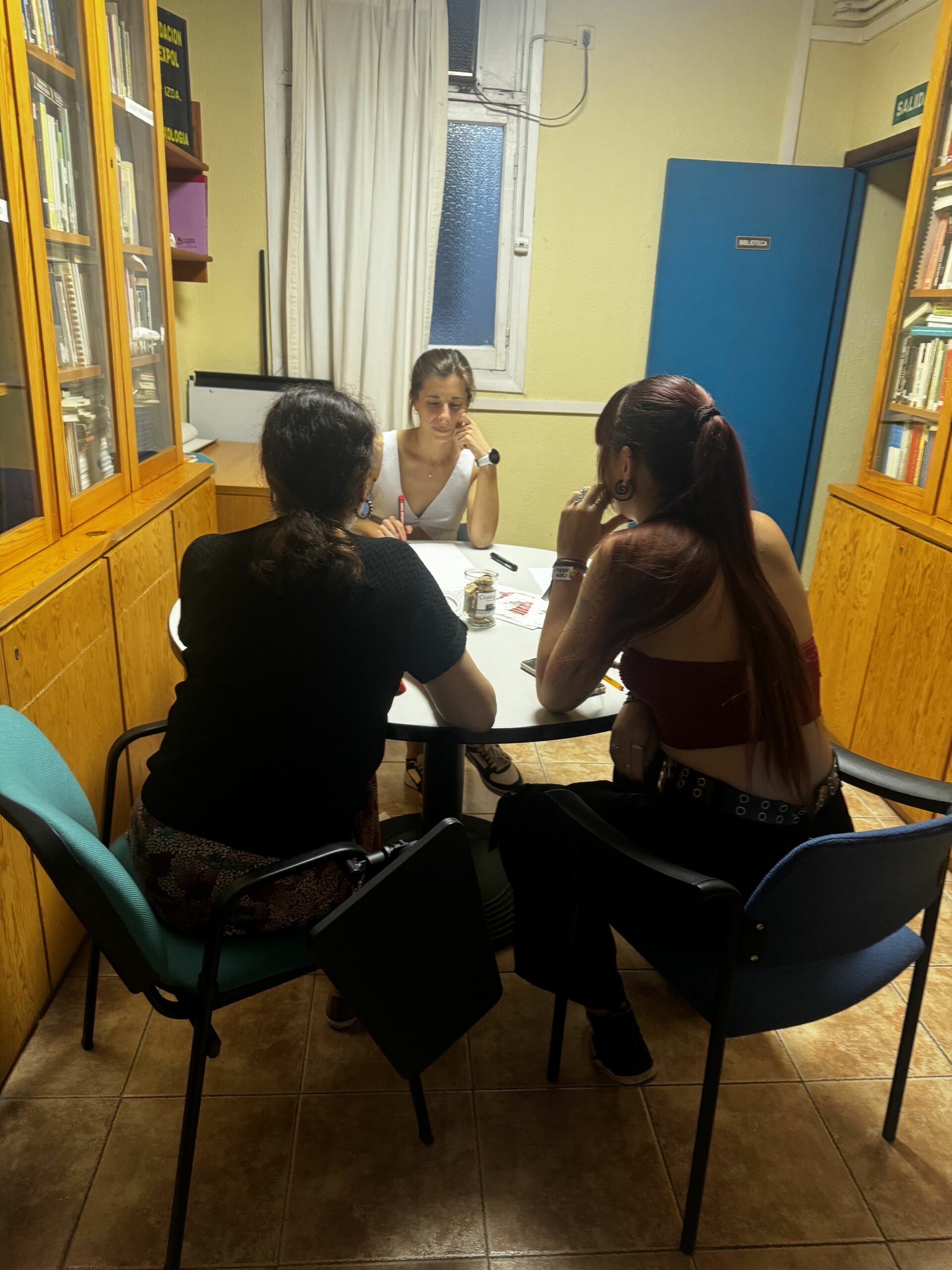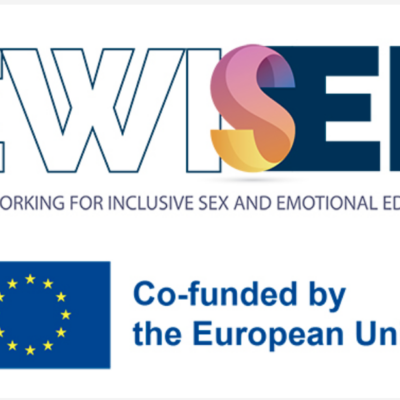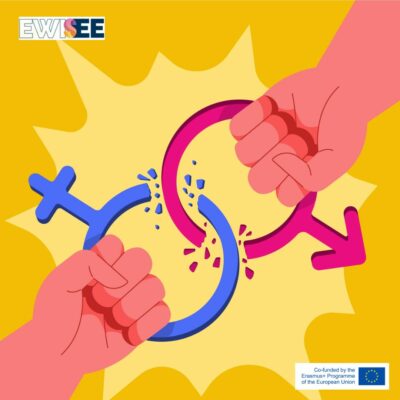On 12 September at the headquarters of Coop. Felix, Viale dei Bersaglieri n.32/b, a meeting was held – as part of the E-WISEE project – Europe Working for Inclusive Sex and Emotional Education – addressed to 30 professionals and stakeholders (educators, teachers, psychologists), who in various capacities deal with the topic of affectivity and sexuality education. The event, which is part of the dissemination actions of the project, had as its objective the dissemination of the results achieved, and the valorisation of the E-WISEE platform: a resource rich in educational materials and tools, dedicated to youth workers who work with adolescents and very young people. The meeting lasted two hours, and was divided into three parts:
1. presentation of the project and the platform;
2. division of participants into groups, and use of a list of stimulating questions, to organise a world café session;
3. division of participants into groups and experimentation of some activities on the E-WISEE platform.
Below, organised by points, are the contents that emerged from the stimulus questions:
1) in adolescents, various signs of malaise can occur in relation to the sphere of affectivity and sexuality. These signs may concern
(a) the ways in which the individual experiences their sexuality and affectivity. For example, many adolescents experience anxiety, anger, eating disorders, self-harming behaviors, and/or engage in risky behaviors and attitudes, such as unprotected or promiscuous sexual relationships (often an attempt to fill an emotional void or to feel accepted) and the use of substances (alcohol, drugs) to manage anxiety.
b) relationships among peers and with their families. It is not infrequent that young people may experience difficulties in expressing their feelings, or in understanding and accepting their sexual orientation or gender identity. Such dynamics may lead to developing conflictual relationships with parents, or cases of social isolation.
2) Education in affectivity and relationship management could offer adolescents not only tools to better understand themselves and their relational dynamics, but also to develop emotional competences (emotional intelligence) such as empathy, self-regulation and conflict management, which are fundamental for establishing healthy relationships. Moreover, through affectivity education, an awareness of one’s own affective and sexual identity is promoted, helping young people to recognise their own needs and boundaries, to respect those of others and to prevent situations of emotional abuse or manipulation.
3) Digital technology has a multiple impact on adolescents’ affective relationships. It allows quick and easy access to information and support, as well as facilitating peer connection. Digital can provide a safe space to share emotions and ask for help. Through social media, adolescents can explore and define their identity, including their affective and sexual preferences. There are, however, negative aspects to be monitored: the excessive and/or exclusive use of digital can foster a superficiality in relationships, with a greater emphasis on the formal/aesthetic/appearance dimension rather than on ‘being’, on the emergence of the true self. This is often a consequence of phenomena such as cyberbullying, and early hypersexualisation due to access to online content, as well as obsessive, control-related behaviour. Social platforms can also generate, in addition to addiction, anxiety and insecurity, leading to constant confrontations and the search for external approval
4) In Italy, education on sexuality and affectivity is not practised effectively. It is often fragmentary, shallow, and limited to sexual education alone, with little attention paid to emotional and relational aspects. This happens because of old cultural legends and taboos, lack of resources, and a lack of integrated educational programmes in schools. In some cases progress is being made thanks to the commitment of associations, schools sensitive to the issue, and some public bodies.
5) There are various adult reference figures who can accompany children in their growth: parents, teachers, sometimes educators, psychologists and coaches/coaches. Each of them, with respect to their specific function, can play an important role in supporting the affective and sexual development of boys. Talking openly and without prejudice, listening and responding to doubts and experiences becomes a way of opening a communication channel on these issues.
6) Adults can be involved in affectivity and sexuality education either through specific training (starting by working on themselves) to make them more aware and prepared to deal with these issues, or by collaborating with schools and other educational institutions. It is important that adults learn to communicate in an open and respectful manner, creating spaces for listening and discussion. Furthermore, it is useful to promote joint activities with adolescents, where affectivity and sexuality can be discussed in a safe, non-judgmental and constructive context.
The contributions collected consolidate the awareness of the importance of the topic dealt with in the EWISEE project, of the need for practitioners working with adolescents in various capacities to have operational tools and continuous comparisons in order to be able to operate in the best possible way and keep abreast of the critical issues that emerge during social and cultural transformations.





Comments (0)